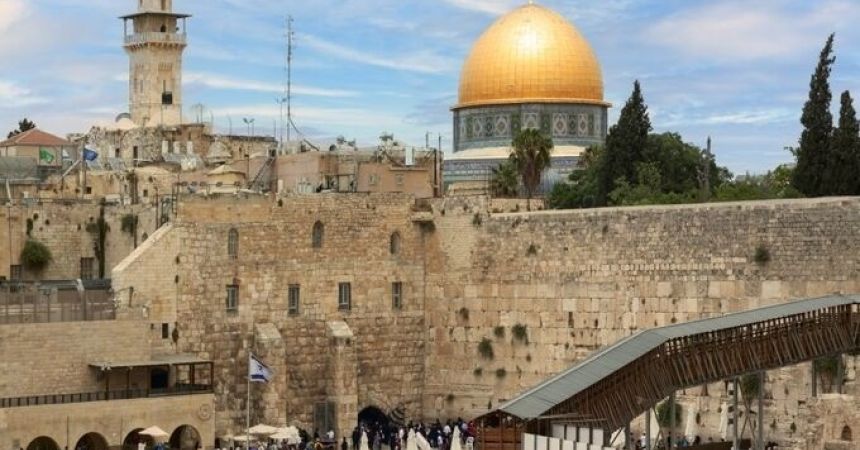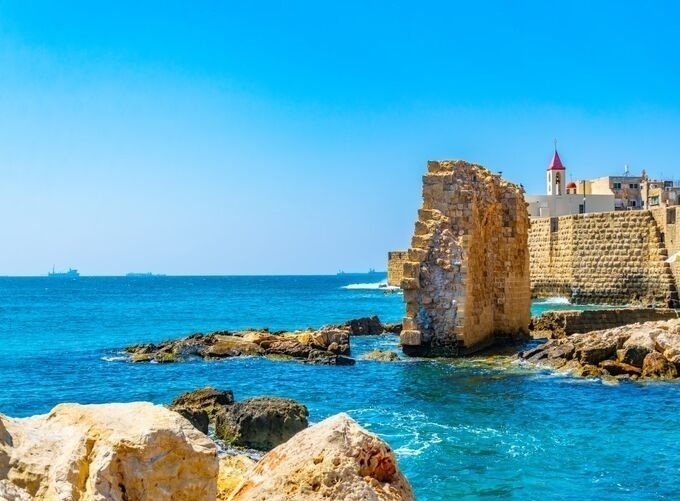
When Is Hanukkah This Year?
Hanukkah, also known as the Festival of Lights, is a significant Jewish holiday celebrated for eight days and nights. It commemorates the rededication of the Second Temple in Jerusalem during the Maccabean Revolt against the Seleucid Empire. Unlike many fixed-date holidays, Hanukkah's timing varies each year, as it follows the Hebrew calendar, which is lunisolar. This blog provides an in-depth guide to the dates of Hanukkah from 2025 to 2030, including how the dates are determined, what to expect during the holiday, and its broader cultural significance.
Understanding Hanukkah and Its Date Determination
The Significance of Hanukkah
Hanukkah, or Chanukah, commemorates the miraculous event that occurred in 165 BCE when the Maccabees reclaimed the Second Temple in Jerusalem. According to tradition, despite having only enough oil to last one day, the menorah in the Temple miraculously burned for eight days. Hanukkah celebrates this miracle and symbolizes the triumph of light over darkness, faith over adversity.
The Hebrew Calendar
Hanukkah falls on the 25th of Kislev in the Hebrew calendar. The Hebrew calendar is a lunisolar calendar, meaning it is based on the cycles of the moon as well as the solar year. Kislev is the third month of the civil year and the ninth month of the ecclesiastical year. Since the Hebrew calendar is not synchronized with the Gregorian calendar, the dates for Hanukkah shift annually.
Calculating Hanukkah Dates
To determine the dates of Hanukkah, one must refer to the Hebrew calendar. The start of Hanukkah is determined by the first day of Kislev, which falls between late November and late December in the Gregorian calendar. The Hannukah holiday begins at sundown on the 25th of Kislev and lasts for eight nights.
Hanukkah Dates for 2025 to 2030
Hanukkah in 2025
- Start Date: December 14, 2025
- End Date: December 22, 2025
Hanukkah in 2026
- Start Date: December 4, 2026
- End Date: December 12, 2026
Hanukkah in 2027
- Start Date: November 27, 2027
- End Date: December 5, 2027
Hanukkah in 2028
- Start Date: November 17, 2028
- End Date: November 25, 2028
Hanukkah in 2029
- Start Date: December 6, 2029
- End Date: December 14, 2029
Hanukkah in 2030
- Start Date: November 29, 2030
- End Date: December 7, 2030
Factors Influencing Hanukkah Dates
The Hebrew Calendar's Structure
The Hebrew calendar's lunisolar structure causes Hanukkah to vary from year to year. The calendar's months are based on lunar cycles, and periodic adjustments (leap years) ensure that Jewish holidays remain aligned with the seasons. This results in Hanukkah falling on different dates each year.
Seasonal Variations
Since Hanukkah falls during the winter months in the Northern Hemisphere, the timing of the holiday can influence how it is celebrated. In some regions, Hanukkah coincides with other winter holidays, such as Christmas, leading to unique cultural and community interactions.
Regional and Cultural Differences
Hanukkah celebrations may vary depending on regional customs and cultural practices. For example, the way Hanukkah is observed in the United States might differ from celebrations in Israel or other Jewish communities around the world. Despite these differences, the core traditions and themes of Hanukkah remain consistent.

Hanukkah Traditions and Celebrations
Lighting the Menorah
One of the central traditions of Hanukkah is the lighting of the menorah, a nine-branched candelabrum. Each night, an additional candle is lit until all eight candles are burning, along with the central "shamash" candle used to light the others. This ritual symbolizes the eight days the oil lasted in the Temple.
Dreidel Game
The dreidel is a four-sided spinning top with Hebrew letters on each side: Nun, Gimel, Hei, and Shin. These letters stand for the phrase "Nes Gadol Hayah Sham" (A Great Miracle Happened There). The dreidel game is a popular activity during Hanukkah, where participants spin the dreidel and win or lose tokens based on which letter lands face up.
Traditional Foods
Traditional Hanukkah foods include latkes (potato pancakes) and sufganiyot (jelly-filled donuts). These foods are fried in oil, symbolizing the miracle of the oil that lasted eight days. Other foods may also be enjoyed depending on regional and family traditions.
Community and Family Gatherings
Hanukkah is a time for family and community gatherings. Families come together for menorah lighting, festive meals, and sharing gifts. Community events often include public menorah lightings and cultural activities that celebrate the holiday.
The Impact of Hanukkah Dates on Daily Life
Work and School Schedules
Hanukkah's dates can affect work and school schedules, especially for Jewish families and institutions. Schools and workplaces may adjust their schedules to accommodate holiday observances and ensure that individuals can participate in Hanukkah activities.
Travel and Tourism
Hanukkah's timing can influence Israel travel plans, particularly for those visiting family or participating in holiday events. Additionally, the holiday's overlap with other major celebrations, like Christmas, can impact travel and tourism activities.
Retail and Commercial Impact
Retailers often experience increased sales of Hanukkah-related items, such as menorahs, dreidels, and traditional foods. The timing of Hanukkah can influence marketing strategies and seasonal promotions.
Preparing for Hanukkah
Planning Ahead
Understanding Hanukkah dates in advance helps with planning celebrations, including scheduling family gatherings, arranging for special meals, and preparing for the lighting of the menorah.
Community and Charity Work
Hanukkah is also a time for community involvement and charitable activities. Many people use the holiday as an opportunity to contribute to charitable causes and engage in acts of kindness.
Personal Reflection
Hanukkah offers an opportunity for personal reflection and spiritual growth. Preparing for Hanukkah involves setting personal goals for prayer, family involvement, and acts of generosity.,
The Future of Hanukkah Dates
Technological Advancements
Advancements in calendrical software and technology continue to refine the calculation of Hanukkah dates. Improved accuracy helps with planning and coordinating holiday celebrations.
Global Coordination
As global communication improves, there is greater coordination among Jewish communities regarding Hanukkah observances. This coordination helps in unifying practices and reducing discrepancies in celebrations.
Cultural Adaptations
Cultural adaptations will continue as Hanukkah dates shift through different years. Each community may adjust its practices and traditions to align with the timing of Hanukkah and its impact on daily life.
Hanukkah Conclusion
Summary of Hanukkah Dates
From 2025 to 2030, Hanukkah will fall on the following dates: December 14, 2025; December 4, 2026; November 27, 2027; November 17, 2028; December 6, 2029; and November 29, 2030. Understanding these dates helps in preparing for and observing Hanukkah.
Significance of Understanding Hanukkah Dates
Knowing Hanukkah dates is essential for planning religious observances, personal schedules, and community events. It allows individuals and communities to align their practices and make the most of this important holiday.
Invitation to Experience Hanukkah
Hanukkah offers a unique opportunity for spiritual renewal, cultural enrichment, and community bonding. Whether you are a devout Jew or simply interested in learning more, experiencing Hanukkah provides valuable insights into this meaningful celebration.



